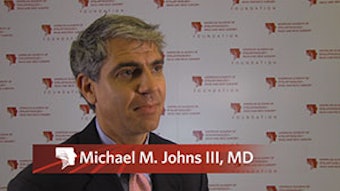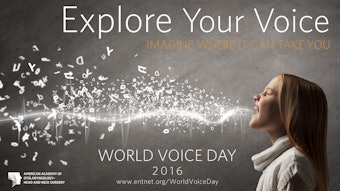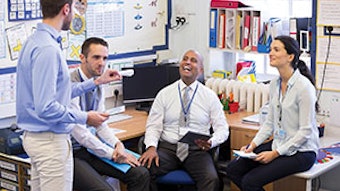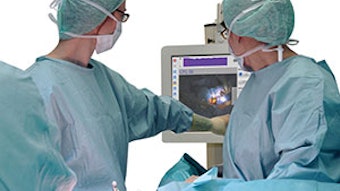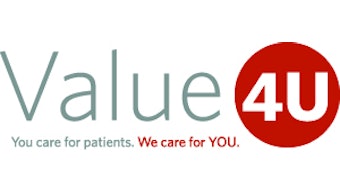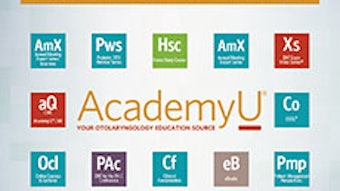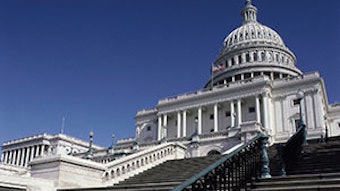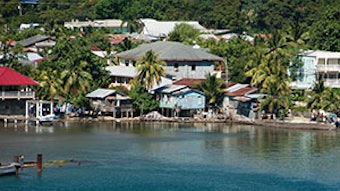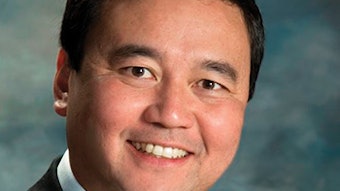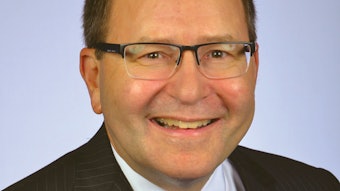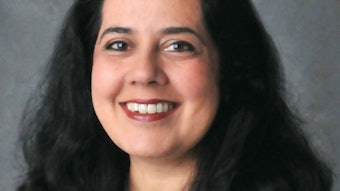AMA HOUSE OF DELEGATES REPORTIssues affecting otolaryngology
The American Medical Association (AMA) House of Delegates (HOD) held its November 2015 Interim Meeting in Atlanta, GA. Representing the Academy were Liana Puscas, MD, MHS, delegation chair; delegates Michael S. Goldrich, MD, and Shannon P. Pryor, MD; alternate delegates Robert Puchalski, MD, and Academy EVP/CEO, James C. Denneny III, MD.
By Liana Puscas, MD, MHS, Chair, AAO-HNS Delegation to the AMA House of Delegates
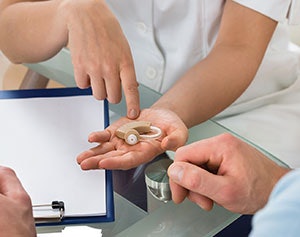
In response to two prior resolutions asking for the AMA to evaluate the issue of hearing aid coverage by Medicare and other health plans, the AMA’s Council on Medical Service prepared a report addressing this topic. After discussion of the report’s recommendations at the HOD and its reference committees, and with amendments supported by the AAO-HNS, existing AMA policy was amended to read:
- That the AMA continue to support early hearing detection and intervention to ensure that all infants receive proper hearing screening, diagnostic evaluation, intervention and follow-up in a timely manner.
- That the AMA advocate that the Early and Periodic Screening, Diagnostic, and Treatment (EPSDT) program be used as the model for any essential health benefits package for children.
- That the AMA support public and private health insurance coverage that provides all hearing-impaired infants and children access to appropriate physician-led teams, hearing services, and devices, including digital hearing aids.
- That the AMA support hearing aid coverage for children that, at minimum, recognizes the need for replacement of hearing aids due to maturation, change in hearing ability, and normal wear and tear.
- That the AMA encourage private health plans to offer optional riders that allow their members to add hearing benefits to existing policies to offset the costs of hearing aid purchases, hearing-related exams, and related services.
- That the AMA support coverage of hearing tests administered by a physician or physician-led team as part of Medicare’s benefit.
The AMA also voted to support a ban on direct-to-consumer advertising (DTCA) for prescription drugs and implantable medical devices. Only the U.S. and New Zealand allow DTCA. While this practice does raise awareness of certain diseases and therapies, which may improve the health of patients, overall the HOD decided a ban against the practice was in the best interest of patients. Since the ultimate goal of DTCA is to drive utilization of a specific product, the potential educational benefits of DTCA were outweighed by the increased cost of new drugs when similarly effective cheaper options are available, and by the cost in time that occurs when physicians must specifically address the patients’ demands for these new drugs rather than spending the time dealing with more pressing health issues of their patients.
The next meeting of the AMA HOD is scheduled for June 11-15, 2016, in Chicago, Il. With questions regarding this report and other AMA HOD activities, please contact govtaffairs@entnet.org.
